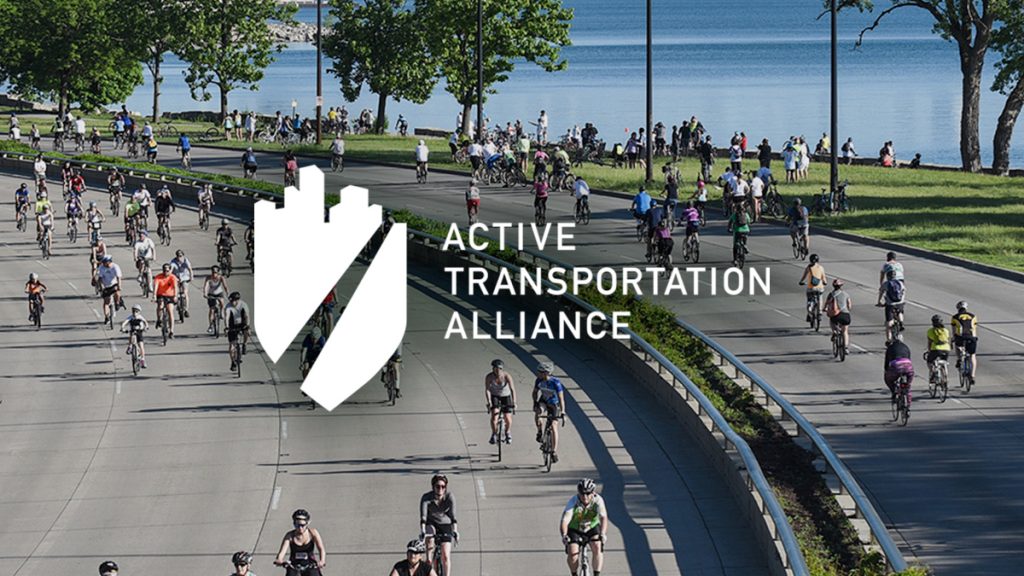On Friday, the New York Times ran an interesting story on roundabouts. The article made the case that roundabouts can greatly improve the environmental and safety efficiency of intersections. But the article failed to look at the concerns of bicyclists and pedestrians. So, what is the real story?
First the backstory. Roundabouts are not traffic circles. Having lived in Washington DC for years I can safely say that I hate traffic circles. They are located on very busy and wide roads and are to difficult to navigate for all road users. Traffic circles generally have traffic signals, high speeds, many lanes of traffic and lots of turns for the cars. They are also rarely available to bicyclists. Traffic circles are common in some northeastern cities in the US, but almost unheard of here in the heartland.
So, how is a roundabout different? A roundabout is generally much smaller and forces cars to circle the center island at slow speeds (no more than 20-30 mph). A roundabout also minimizes turns by cars and makes most remaining crashes glancing blows rather than right-angle crashes. The traffic calming effect of roundabouts can decrease crashes as the New York Times reported.
Ok, so it's safer for cars. But is it safer for bikes and pedestrians? Roundabouts require pedestrians to only look for vehicle conflicts in one direction (generally from their left). The cars are also operating at slow speeds. These are both good for pedestrians. But the continuous flow of traffic can make it difficult for the pedestrian to cross (if crossing is even allowed). It is also very difficult for those visual impairments because it is hard to detect a change in flow of traffic.
What about for bicyclists? The US DOT chimed in with inconclusive results. So did the Transportation Research Board. What most studies have found is that there can be an increase in bike crashes at roundabouts compared to traditional signalized intersections. This generally is because of difficulty motorists entering or exiting the roundabout have in seeing the bicyclist already in the roundabout. Design guidelines from Federal Highway Administration recommend that cyclists take the lane and there not be cyclist-only lanes in the roundabouts.
What's the conclusion? The results aren't conclusive if roundabouts are good or bad. Stay tuned for more research.

